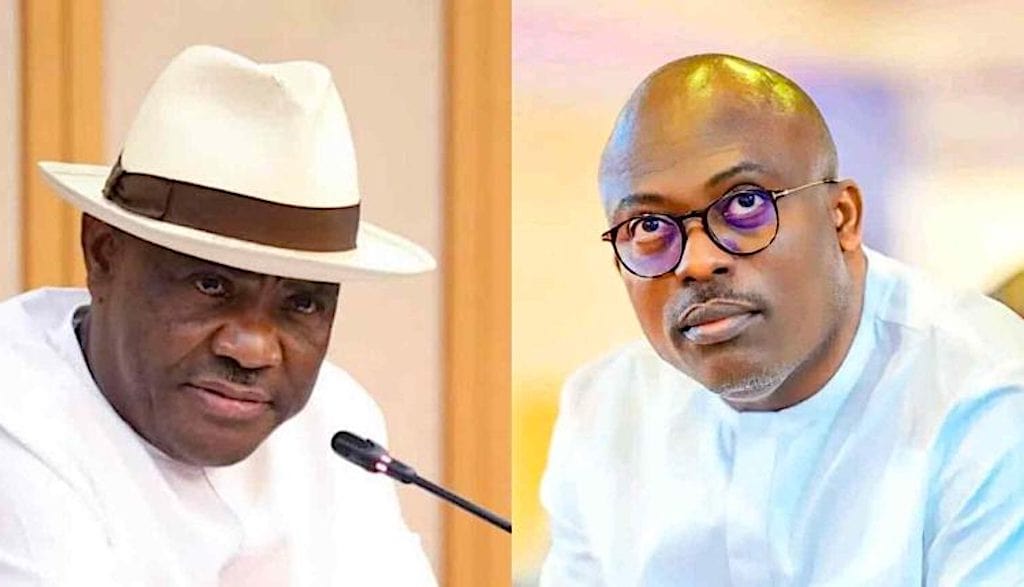The Nigerian National Petroleum Company Ltd (NNPC Ltd) has raised concerns about insufficient funding to advance domestic gas projects, a limitation that hampers Nigeria’s ability to leverage its vast gas reserves effectively. Instead, the country remains heavily reliant on international oil companies (IOCs), which focus primarily on exporting gas rather than developing local resources.
Group Chief Executive Officer of NNPC Ltd, Mele Kyari, represented by Executive Director of Upstream, Oritsemeyiwa Eyesan, shared these insights during the “Decarbonising Operations across Upstream, Midstream and Downstream” panel at the Abu Dhabi International Petroleum Exhibition & Conference (ADIPEC) in the UAE. According to Kyari, Nigeria’s gas reserves stand at a substantial 209 trillion cubic feet, but access to capital for domestic gas development remains a critical barrier.
In a statement released by Chief Corporate Communications Officer Olufemi Soneye, Kyari highlighted the necessity for accessible capital to help nations in the global south, like Nigeria, address their energy needs. He underscored the need for more openness and cooperation within the global energy sector, calling for equitable access to funding rather than penalizing those behind in the transition to sustainable energy.
“Africa, and particularly Nigeria, is grappling with the dual challenge of decarbonization and severe energy poverty,” Kyari remarked. To tackle this, Nigeria has launched two significant policy shifts to support its decarbonization objectives: declaring the “Decade of Gas” to transition from a diesel-dependent economy to one centered on gas and removing fuel subsidies to encourage a more sustainable energy infrastructure. These policies have become essential components of NNPC Ltd’s efforts to advance Nigeria’s decarbonization agenda.
As part of this commitment, Nigeria aims to achieve gas flare-out by 2030 by increasing gas use for automotive and power generation needs. Kyari emphasized the importance of recognizing different countries’ unique starting points in the global decarbonization push, advocating for policies that support a balanced approach. He noted that the Oil & Gas Decarbonisation Charter (OGDC) should ensure equitable opportunities for all countries to contribute to emission reduction goals without imposing a one-size-fits-all approach.
The Vice President pointed to NNPC Ltd’s partnership with TotalEnergies as a model of successful collaboration in the decarbonization space, noting TotalEnergies’ role in supporting methane detection technology for Nigeria. Kyari described the level of cooperation across the energy industry as “phenomenal,” acknowledging the vital role of partnerships in fostering innovation toward net-zero goals.
ADIPEC, currently hosting over 180,000 participants, is recognized as the world’s largest and most inclusive gathering for energy professionals, underscoring the urgency for international collaboration in energy transformation.













